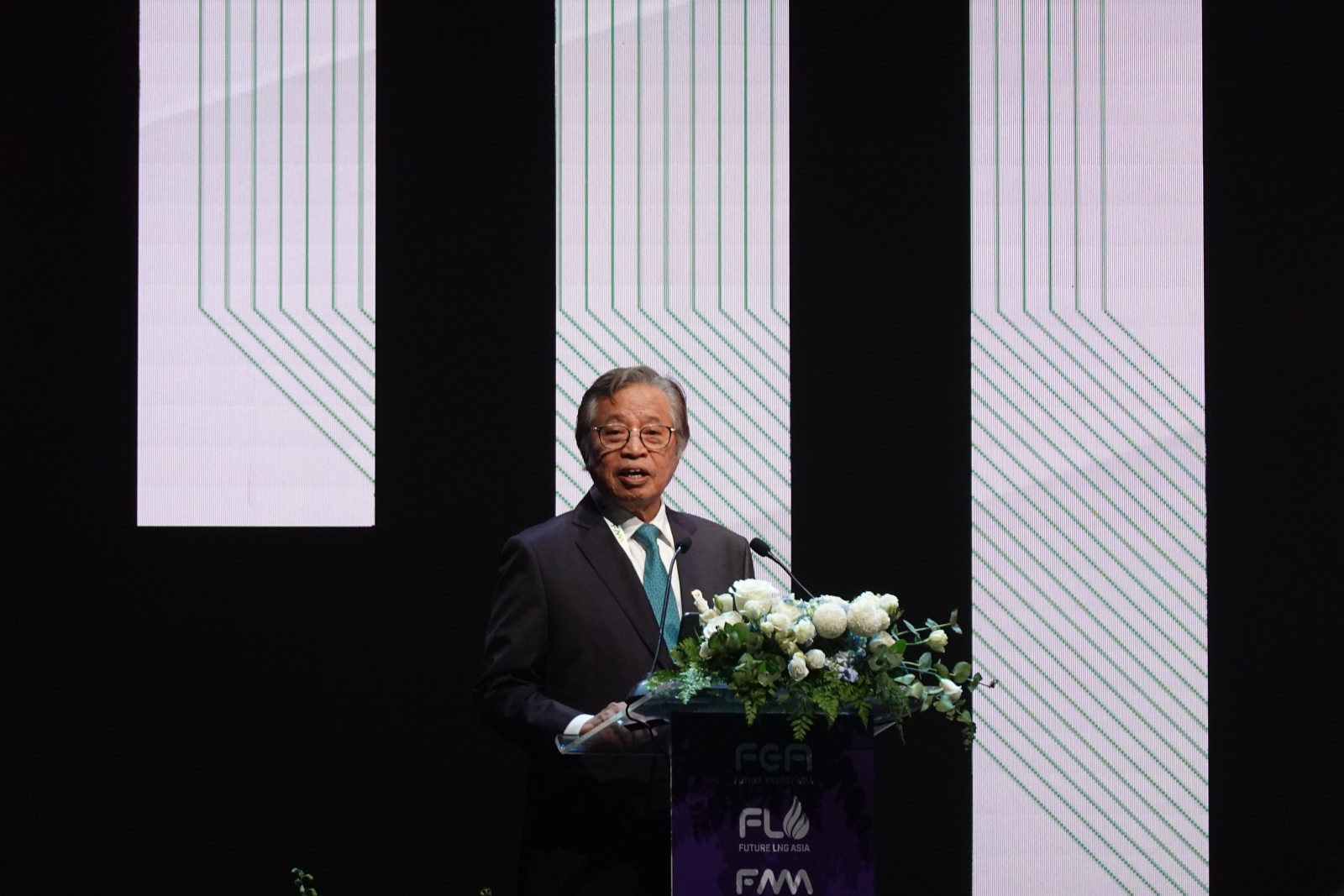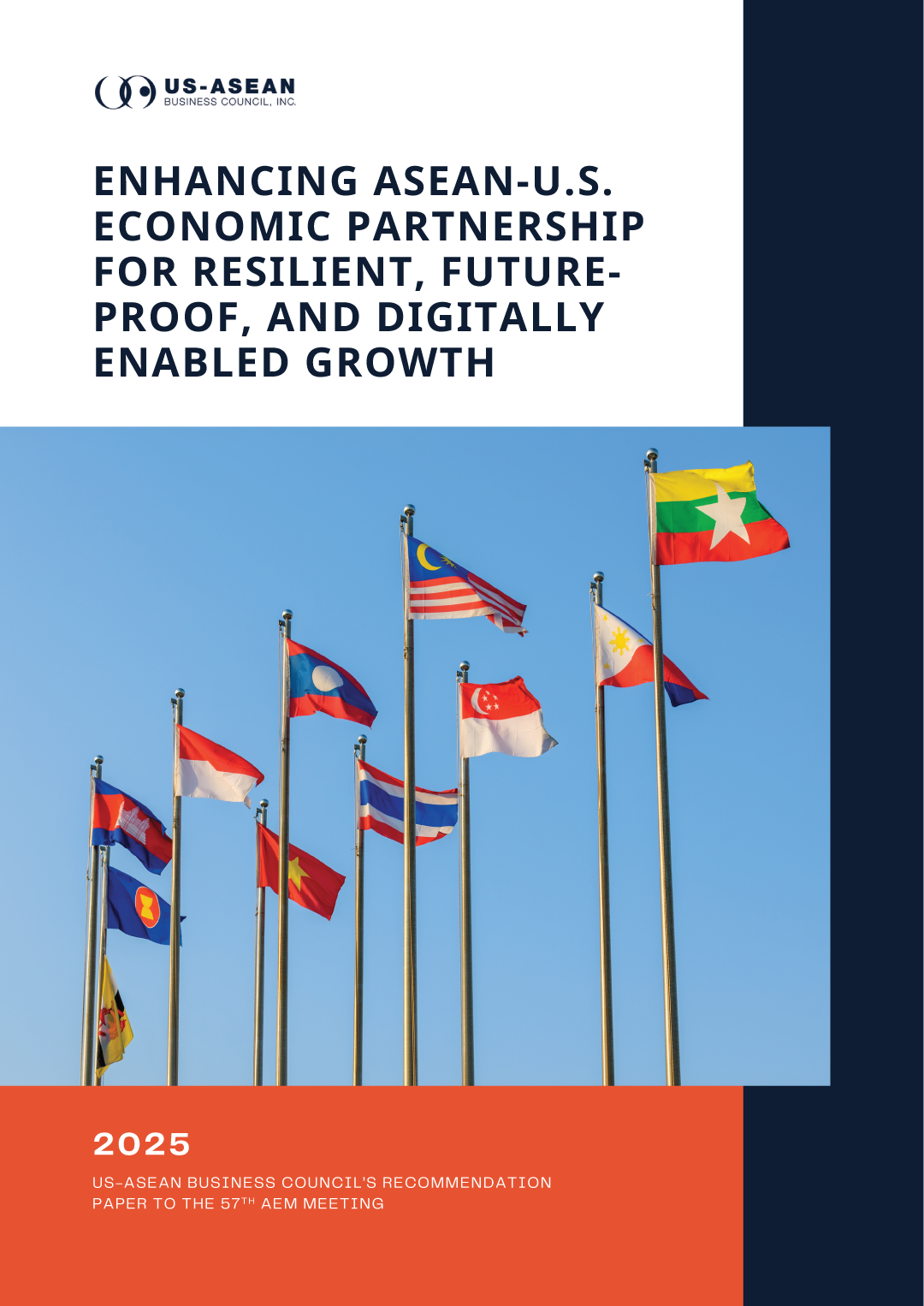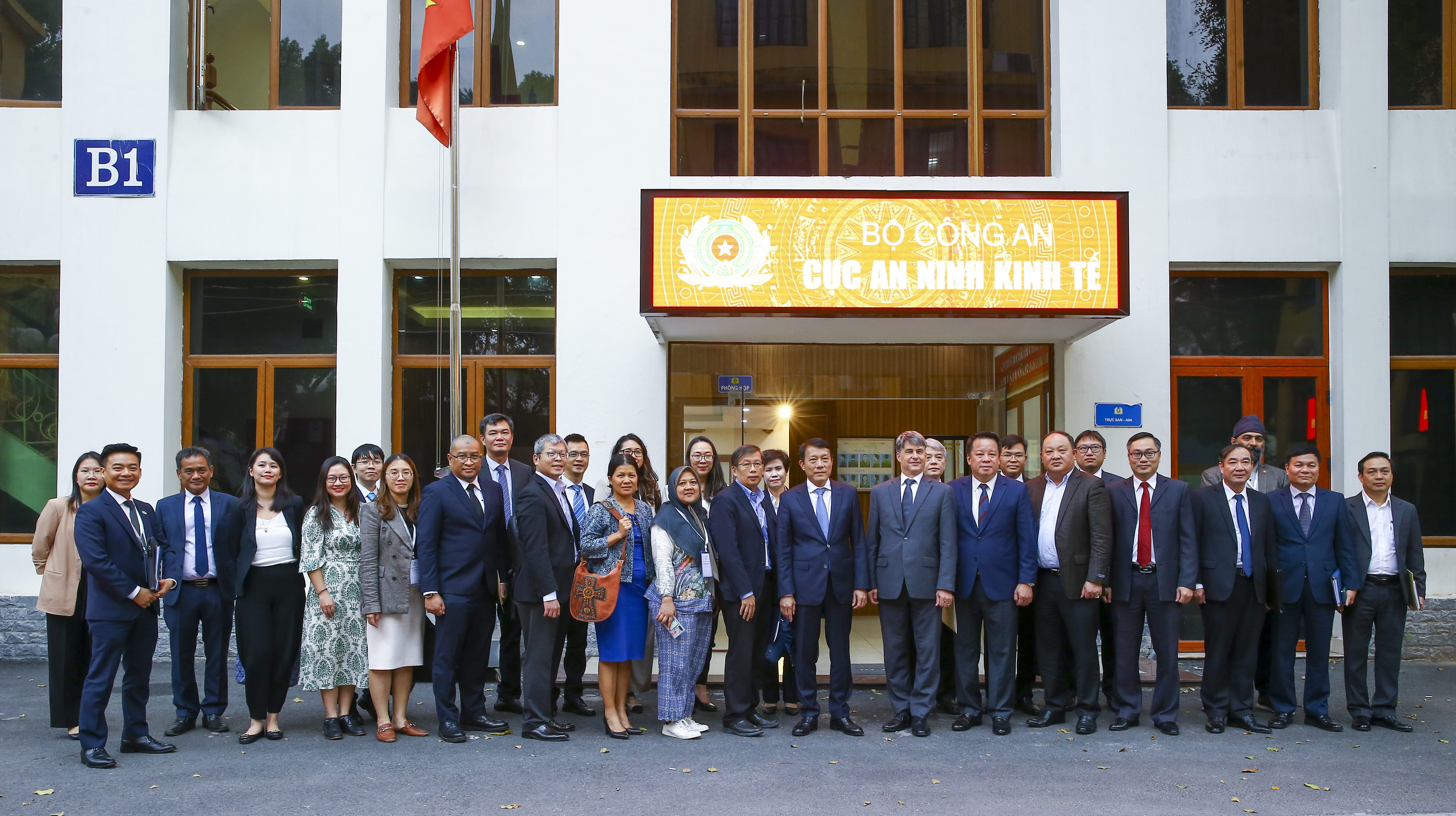Sarawak Leads the Charge for a National CCUS Framework

To capitalize on the East Malaysian State’s vast potential for carbon capture, utilization, and storage (CCUS), the Premier of Sarawak, Abang Johari Openg, is strongly advocating for carbon trading laws at Malaysia’s federal level. On May 15, he projected that the industry will exceed RM60 billion (US$12.75 billion) in gross domestic product (GDP) in Sarawak by 2030 with the state’s well-established and trend-setting legal and regulatory frameworks. The Sarawak leader highlighted three CCUS projects to be signed off on this year in a speech to the Sarawak Legislative Assembly: The Kasawari-M1 project, Lang Lebah-Golok project, and storage of industrial CO2 emissions M3 project. These proposals make way for Australian, Japanese, and U.S. energy developers and emission storers to invest and inject captured CO2 into repurposed oil & gas reservoirs.
Premier Abang Johari Openg has repeatedly described his semi-autonomous government as an “early mover” in the CCUS industry and has led Sarawak to be a top prospect for foreign developers on the CCUS Market Global Opportunity Analysis and Industry Forecast 2023-2032. The push for federal policy from Kuala Lumpur on carbon trading is also part of the broader trends in ASEAN for carbon market formation that would facilitate the cross-border trade of captured carbon in ASEAN. Economy Minister Rafizi Ramli has stated that a CCUS-specific bill will be tabled by the end of this year. With neighboring Indonesia, Singapore, and even Thailand having either established or proposed national and multilateral CCUS frameworks, it is not just Abang Johari Openg pushing for Malaysia to match these initiatives with its own policies, but all those in Malaysia and the region with a vested interest in Malaysia and Sarawak’s energy potential.
Following the Malaysia Business Mission to Kuala Lumpur and Putrajaya on May 7-9, The Council organized its inaugural East Malaysia Mission with 20 delegates from 7 leading American companies to Sabah and Sarawak, which included discussions on investment opportunities and energy.



![Cover-[USABC-Final]-Driving-ASEAN-Unity-Malaysia's-Vision-for-2025](/sites/default/files/2025-07/Cover-%5BUSABC-Final%5D-Driving-ASEAN-Unity-Malaysia%27s-Vision-for-2025.jpg)




